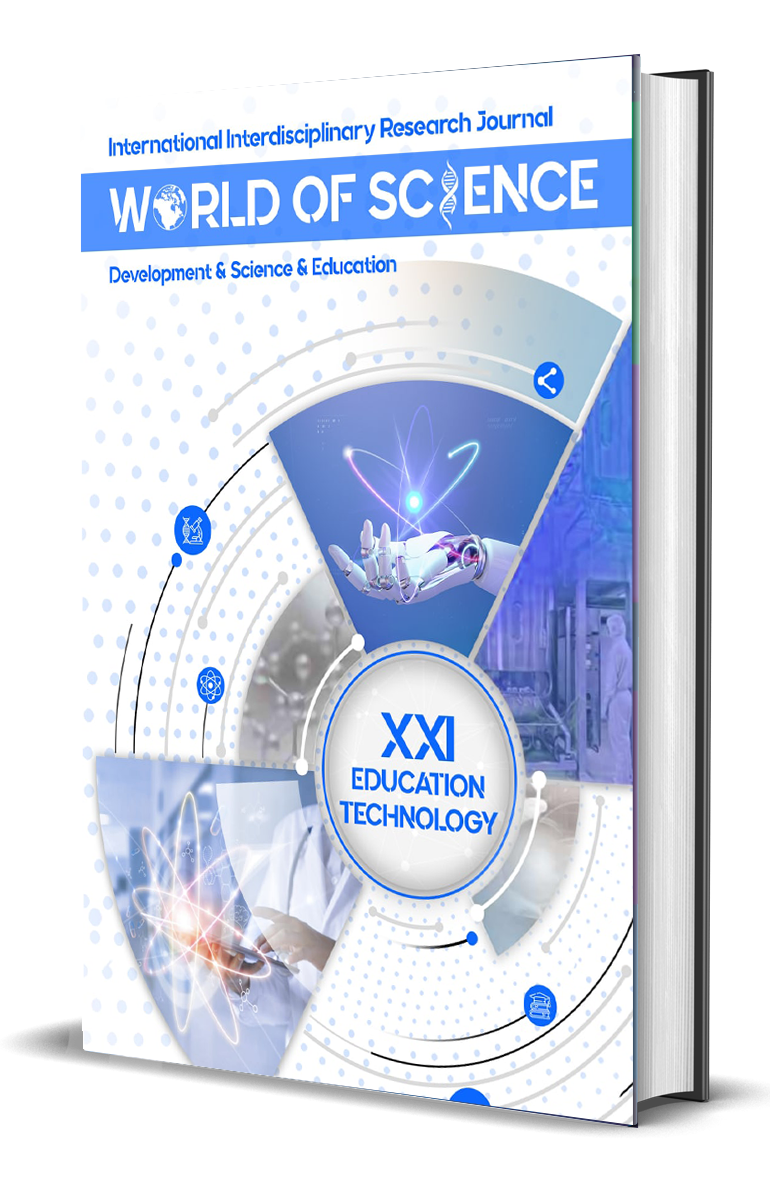GREEN INVESTMENTS AND SOUTH KOREAN EXPERIENCE AS DRIVERS OF SUSTAINABLE ECONOMIC GROWTH AND ECONOMIC MODERNIZATION IN UZBEKISTAN
Keywords:
green investments, sustainable economic development, ESG financing, Uzbekistan, South Korea, investment strategy, public-private partnership, renewable energy, environmental technologiesAbstract
This article examines the role of green investments as a driver of sustainable economic growth in Uzbekistan amid global climate challenges and ongoing institutional reforms. Special attention is given to analyzing the current state and prospects for the development of green financing in Uzbekistan, taking into account international experience, particularly the successful ESG investment model of South Korea. The study identifies key barriers and opportunities for creating an effective green investment environment, applying systemic and comparative analyses as well as SWOT analysis to assess influencing factors. The practical significance of this work lies in the development of recommendations for improving national sustainable investment policies, contributing to economic modernization and enhancing the country's competitiveness on the international stage.
References
1. Primova, A. A., & Turaeva, Sh. Sh. K. (2020). Realities, prospects, and problems of implementing investment and infrastructure projects in Uzbekistan.
2. Primova, A. A., & Arapova, K. S. (2024). Some aspects of the development of the digital economy in Uzbekistan.
3. Primova, A. A. (2020). Economic modernization and regional aspects of forming the national innovation system in Uzbekistan.
4. Primova, A. A., & Mukhamedova, A. B. (2020). The role of innovation in the economic development of Uzbekistan.
5. UNCTAD. (2023). World Investment Report 2023: Investing in sustainable recovery. United Nations.
6. OECD. (2021). Green investment banks: Scaling up private finance for clean energy. Organisation for Economic Co-operation and Development.
7. World Bank. (2023). Doing Business Report – Uzbekistan. World Bank Group.
8. Asian Development Bank. (2022). Sustainable finance and investment in Asia. ADB Publications.
9. Green Climate Fund. (2023). Annual Report 2023. Green Climate Fund.
10. Lee, C. M., & Park, Y. (2022). Sustainable finance in South Korea: Policy frameworks and market development. Sustainability, 14(7), Article 3381. https://doi.org/10.3390/su14073381
11. Zhou, Y., & Wang, C. (2020). The role of ESG factors in corporate financial performance: Evidence from emerging markets. Journal of Cleaner Production, 258, 120350. https://doi.org/10.1016/j.jclepro.2020.120350
12. Gunningham, N., Kagan, R. A., & Thornton, D. (2004). Social license and environmental protection: Why businesses go beyond compliance. Law & Policy, 26(3-4), 309–340. https://doi.org/10.1111/j.1467-9930.2004.00100.x
13. Bocken, N. M. P., Short, S. W., Rana, P., & Evans, S. (2014). A literature and practice review to develop sustainable business model archetypes. Journal of Cleaner Production, 65, 42–56. https://doi.org/10.1016/j.jclepro.2013.11.039
14. Rydge, J. (2019). Financing sustainable development: The role of green bonds. London School of Economics.
15. Korea Financial Investment Association. (2023). ESG investing trends in Korea. KFIA Publications.
16. Ministry of Environment, South Korea. (2020). Green New Deal Report. Government of South Korea.
17. Korea Development Institute. (2021). Sustainable finance and investment policy in Korea. KDI Research Reports.




